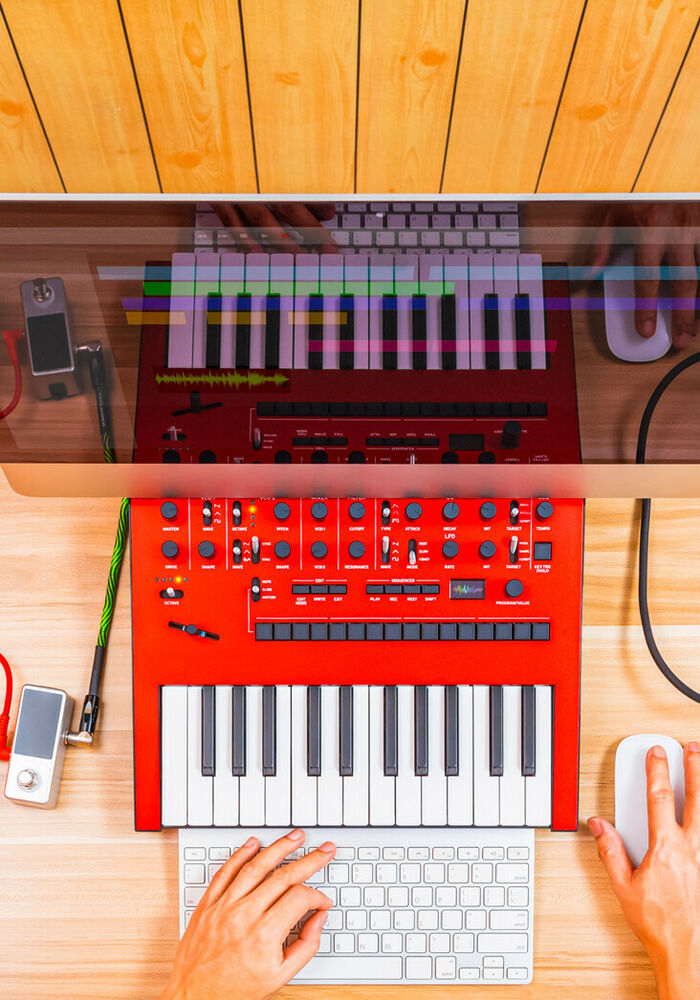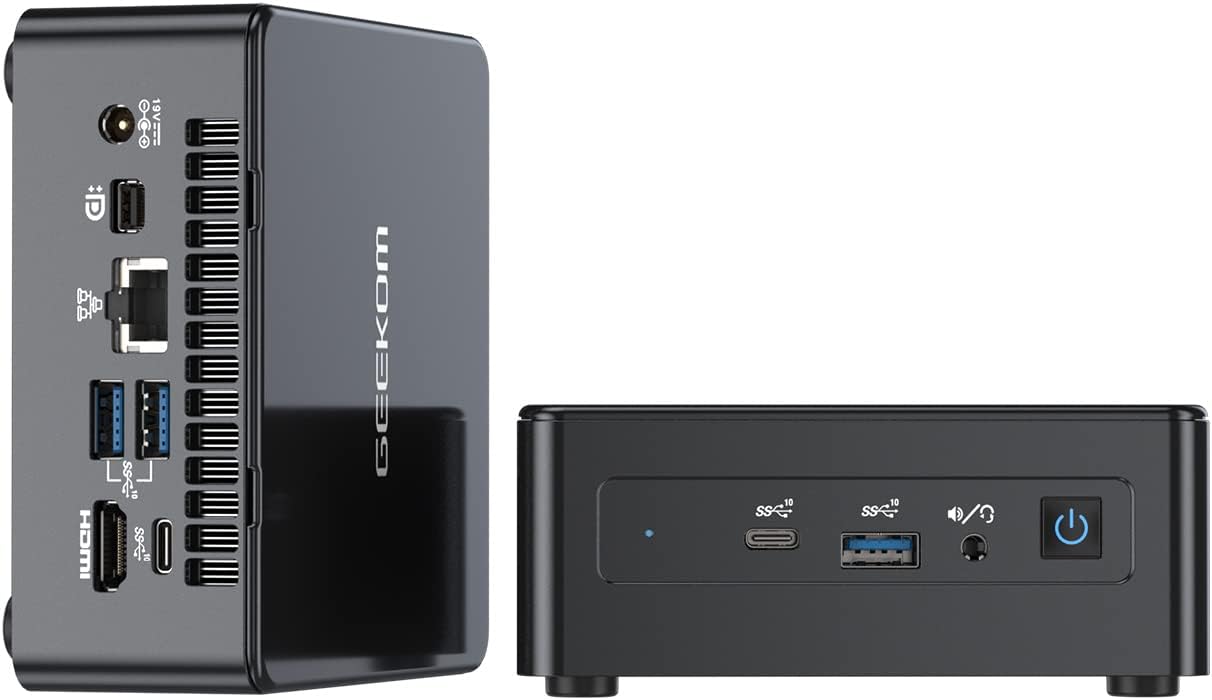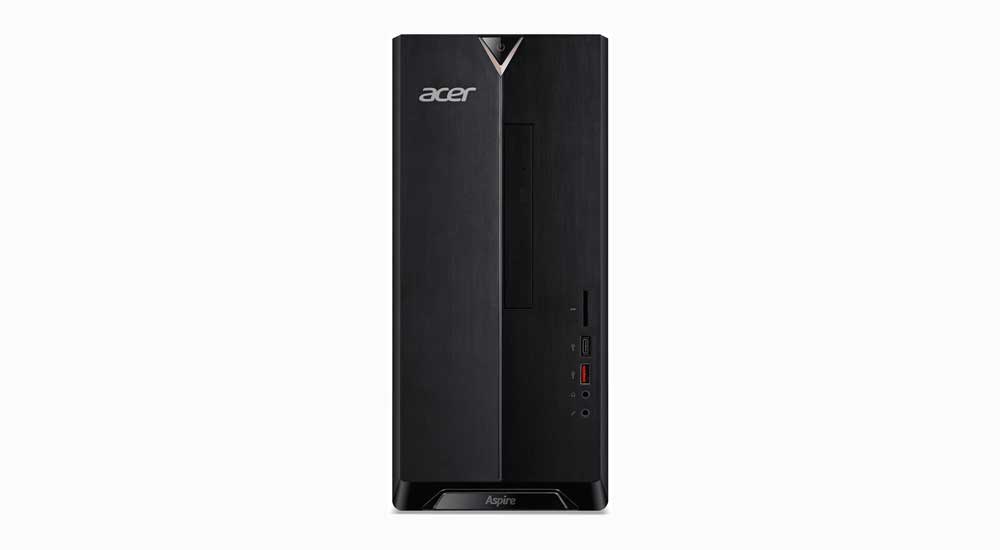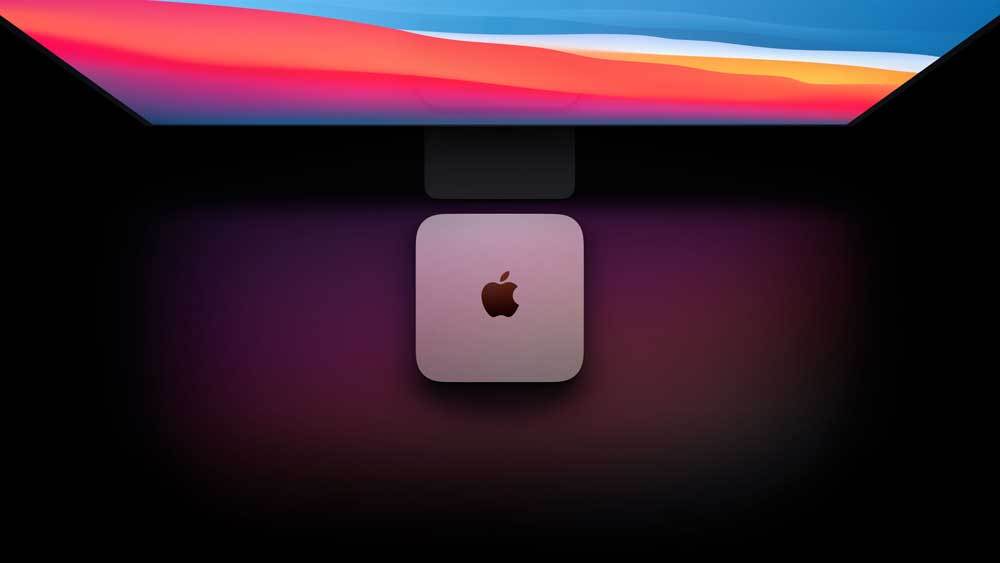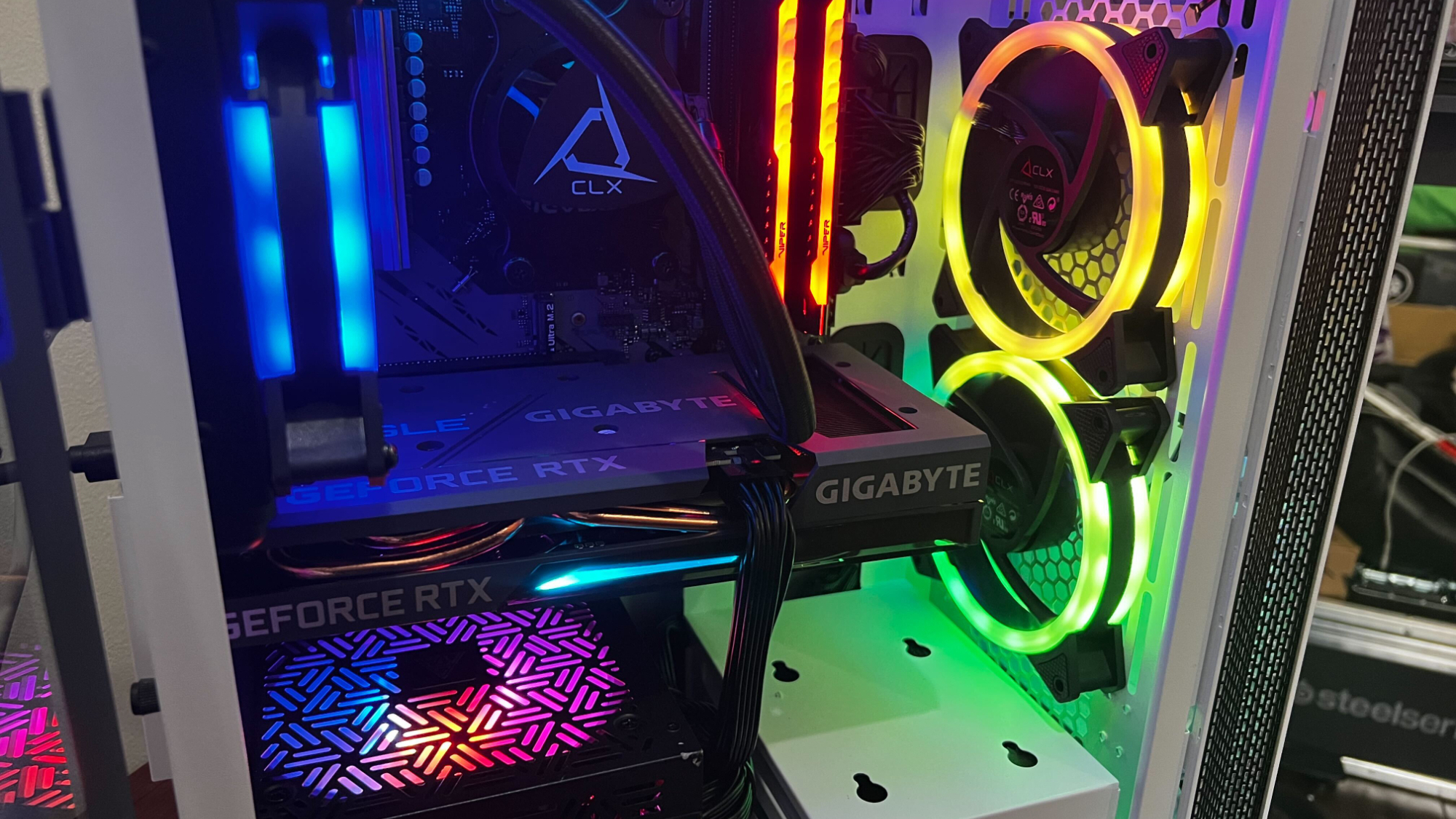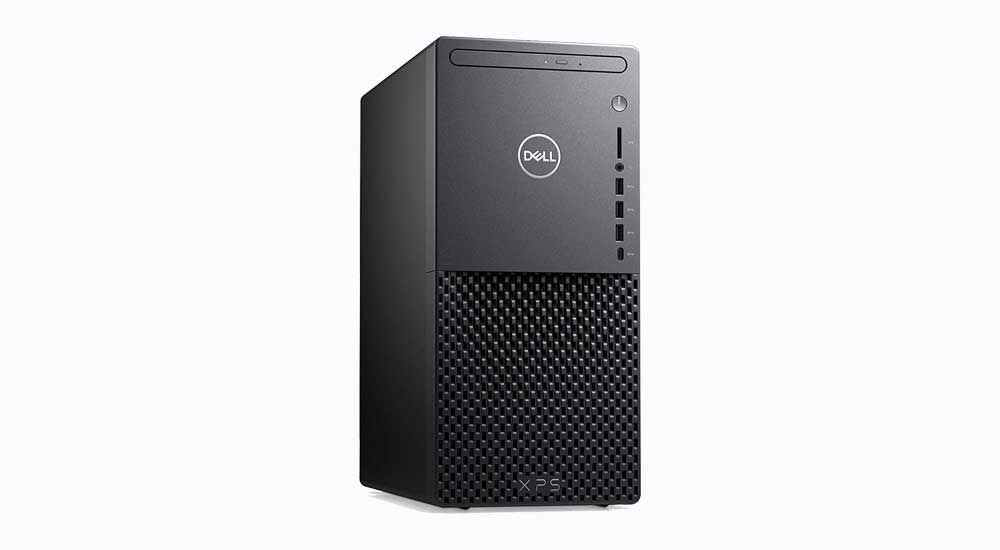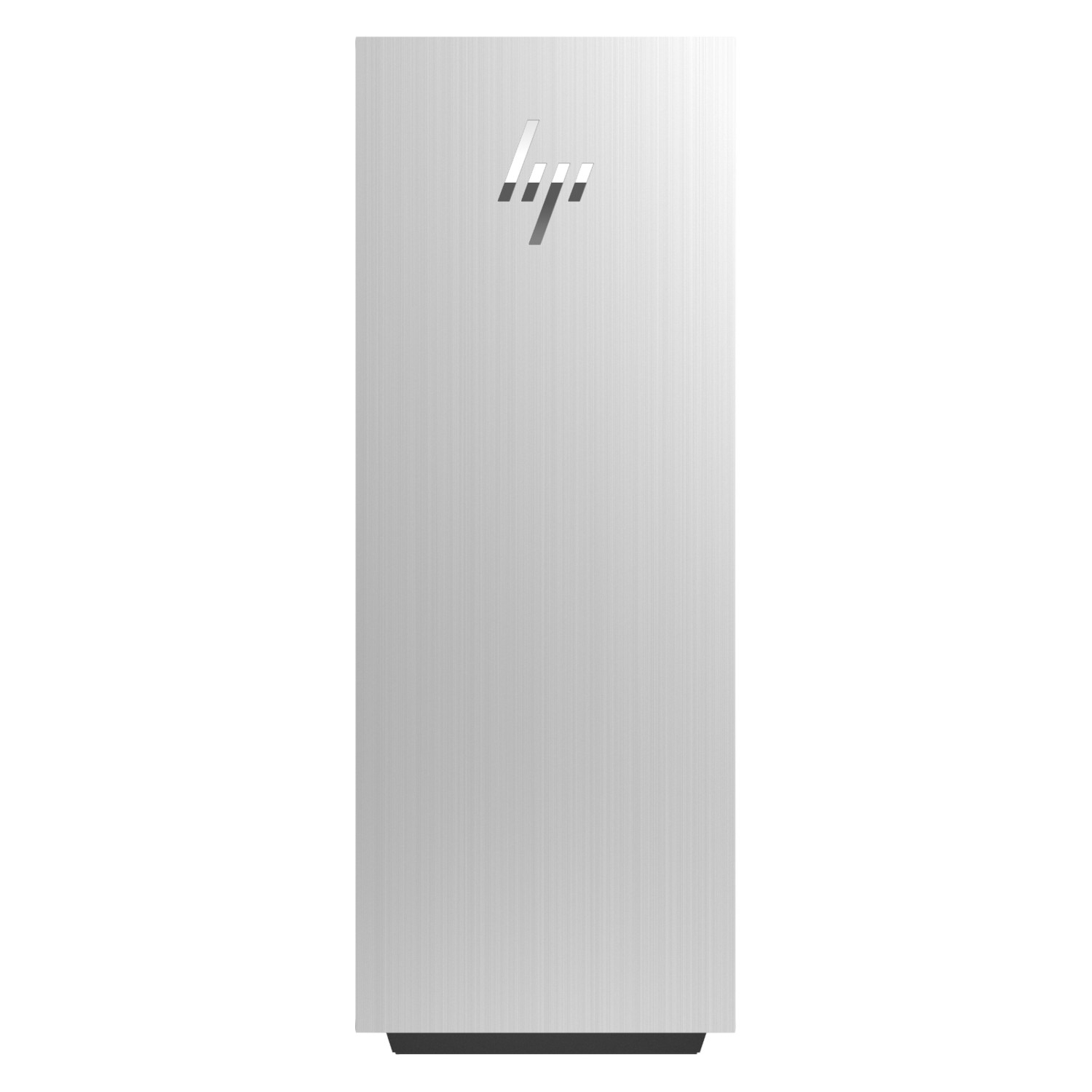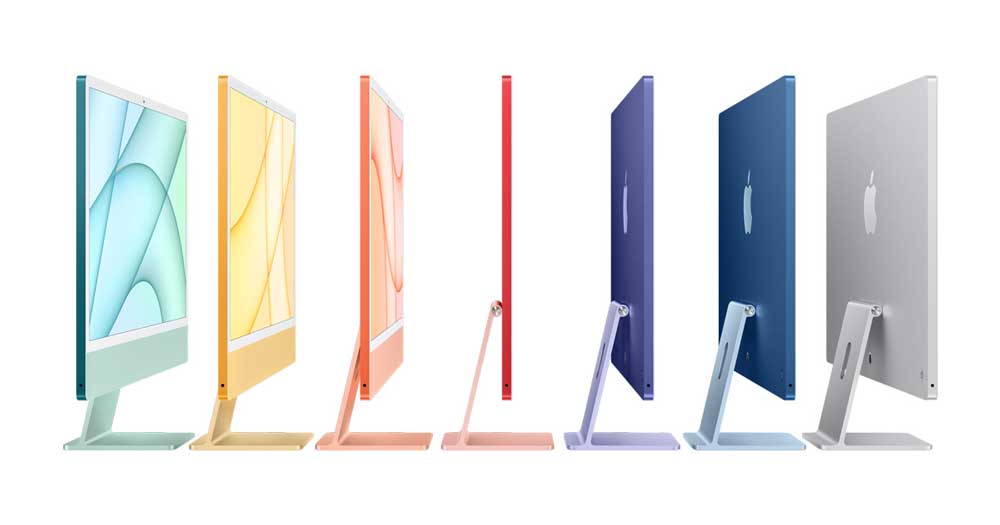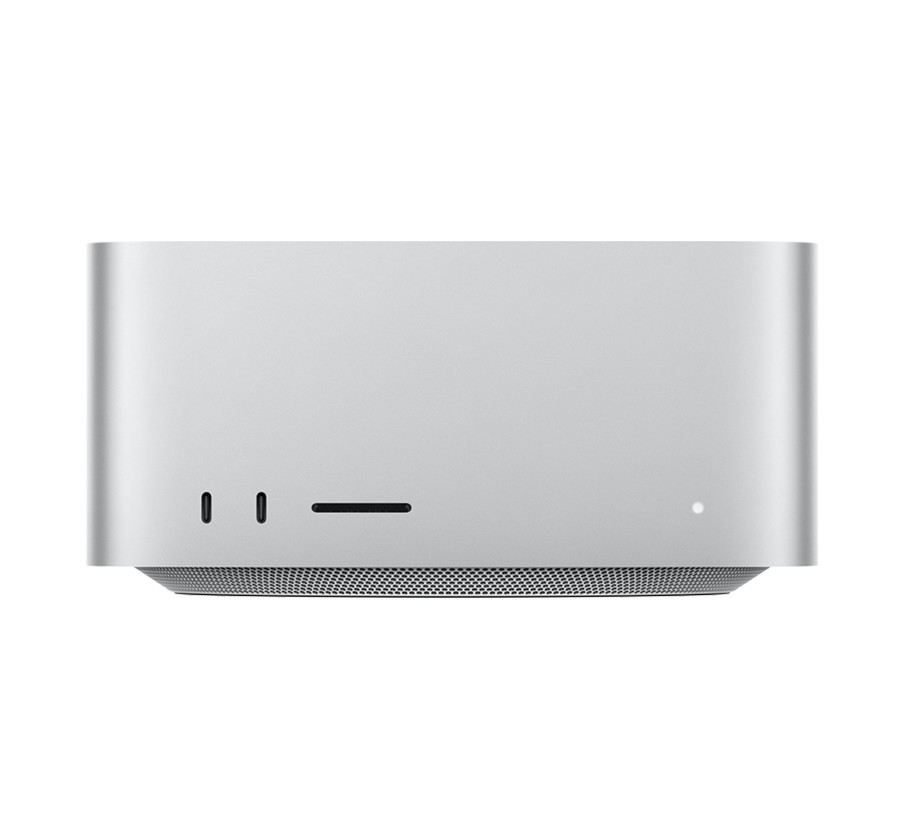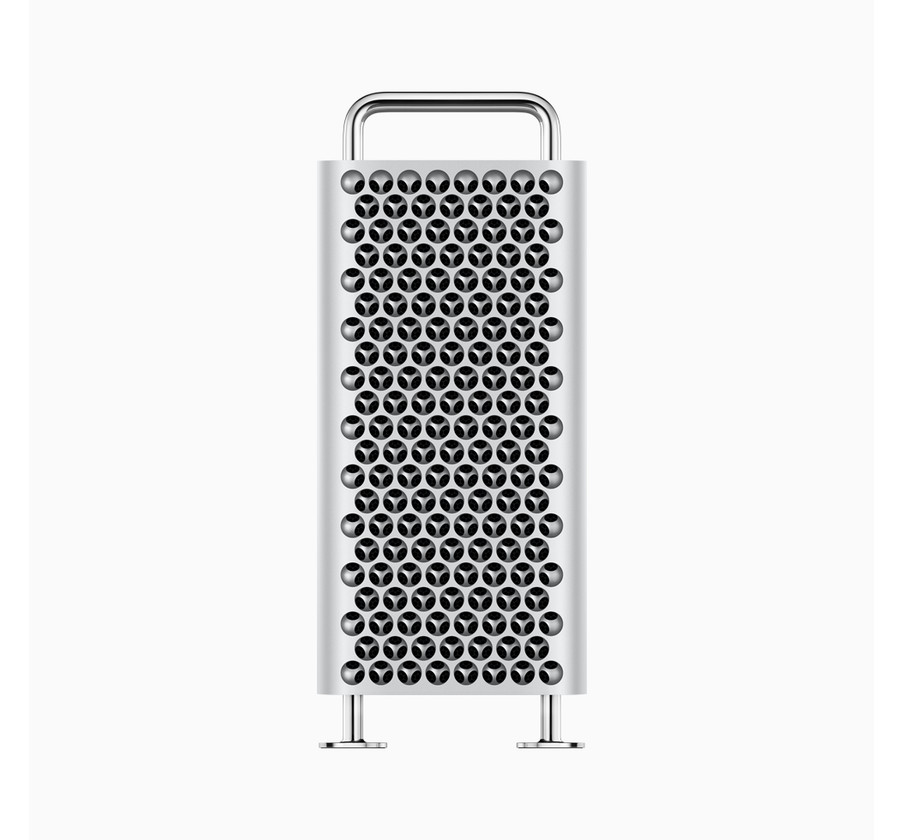Apple Mac Pro
We could easily reduce this best music production desktop entry to a single sentence by merely stating that the Apple Mac Pro has absolutely no downsides, barring one thing: the cost. Because this is a computer that will meet your every need, and then some. But to weigh that against the price, if you were to buy the Mac Pro from the official Apple website, with all the specs set to the absolute max, you’d be spending $64,000. That’s almost enough money to buy a house in County Durham.
Comforting to know, then, that not only is the Mac Pro beyond the wildest dreams of any music producer, but it is also astonishing for every other conceivable computer task you can throw at it. If you don’t need that kind of money for a property or putting towards ending world hunger, then why not get one? Or stick it on your vision board, in the meantime.
VIEW PRODUCT
How much RAM do I really need for my music production desktop?
RAM and storage are among the quintessential reasons why one would opt for a desktop for music production over a laptop. It will enormously affect the speed and ease with which you can make music. If you’re knee deep in samples, audio bounces, project files and the rest, having lots of RAM ensures this won’t slow the performance down. Note that many of the above computers can undergo memory upgrades further down the line, with the exception of some of the Macs, which cannot be upgraded after the initial configuration of your choice. As a general rule of thumb, don’t start out with anywhere below 8GB of RAM, ideally going for 16GB if it’s within budget.
Hopefully after reading this article, you now feel like such a computer expert that you begin wearing black turtleneck jumpers and happily bring up terms like ‘RAM’ and ‘core processor’ in conversations with nonchalance. But, most importantly, you should now feel closer to identifying which is the best music production desktop for you, so Headliner wishes you well as you go out and bless your music space with a stunning computer.
